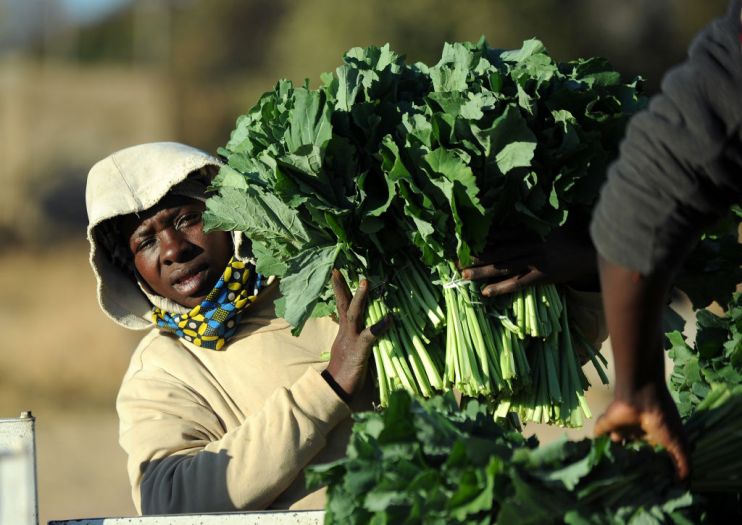How UK business leaders can help Covid-hit female entrepreneurs in Africa

How far does £40 get you?
In the UK, and London especially, it might buy you a meal for two, take-out coffees for the month, or a nice cosy jumper to see you through the autumn and winter months.
But in sub-Saharan Africa, such an amount could be life-changing.
We’re not talking about hand-outs here, by the way. We’re talking about a “help-out”, namely a loan so that female entrepreneurs across Malawi, Zambia and Zimbabwe — a region where 413m people live in extreme poverty — can start or maintain their own business.
This model, which includes training for thousands of aspiring women, has been proven to work, with beneficiaries typically paying the money back within four months on average while being able to support themselves and their families.
This business-focused approach to charity yields real, sustainable results. Look at single mother of two Patricia Njobvu, age 38. She was able to use a small loan to help boost her hardware store enterprise in Livingstone Town, Zambia. The result is that she can support her children through the education system and, as Patricia puts it, give them a “better life”.
Likewise, Agness Mpinganjira, who left school aged 15, has a business selling milk to people in her village. She was not making enough money and, as a result, was struggling to provide for her four children. Looking to improve the standard of living for both herself and her family, Agness signed up for a loan alongside recurring support from a loan and training officer to help ensure she plans ahead and understands the importance of saving for the future.
Since receiving her loan, her business has grown significantly: Agness currently makes around £5.20 per week, compared to the £1.05 she was making before. She has now expanded to selling scones and intends to use the profits she has made so far to buy goats and chickens to help generate more income.
The merits of the “help-out” system have been widely recognised over the past few decades, and progress was being made to alleviate poverty. However, the impact of Covid-19 has been felt across the world, and the economies of Malawi, Zambia and Zimbabwe have not been spared. Despite the steps they have taken, female entrepreneurs like Patricia and Agness are now at risk of losing their hard-won livelihoods without outside support.
The pandemic has had many inadvertent consequences, including — sadly — the widening of the gender poverty gap. UN Women, for instance, has warned that the pandemic will push 47 million more women and girls below the poverty line ($2.50 per day globally), reversing decades of progress.
The International Monetary Fund, meanwhile, has warned that 90 million people could fall into extreme poverty this year due to the pandemic, with emerging market countries expected to suffer more severe downturns than developed economies as a result of the virus outbreak and lockdowns.
So to help combat this potentially devastating turn of events, MicroLoan Foundation is today launching the EmpowerHer campaign, with the aim of helping 50,000 women get started and maintain their businesses in sub-Saharan Africa.
It’s a big ambition with a large target number, but given the circumstances, we must be aim high in helping out rather than handing out.
This is where the UK business community comes in. We know that employers and workers across all industries and sectors have been hit hard by Covid-19, in London and beyond. Charity may not currently be front of mind.
However, even with the smallest donation, you can help us reach our target and help tens of thousands of female entrepreneurs start their own business, build their confidence, and support themselves and their families.
For the price of a few coffees, we can improve their future, and the future of sub-Saharan Africa. Our campaign starts today. Join us.
Main image credit: Getty